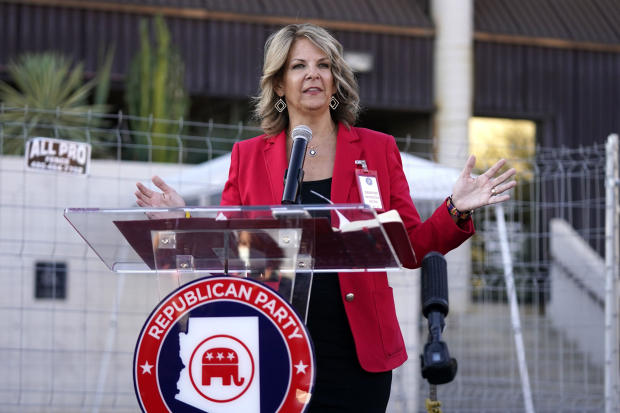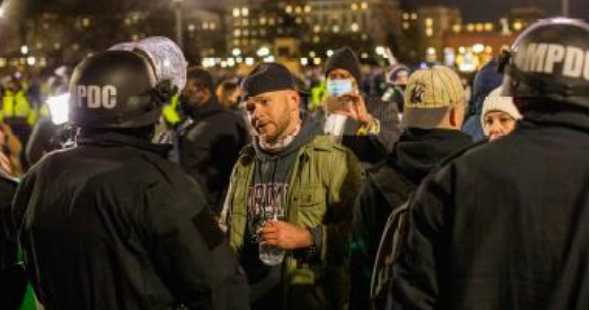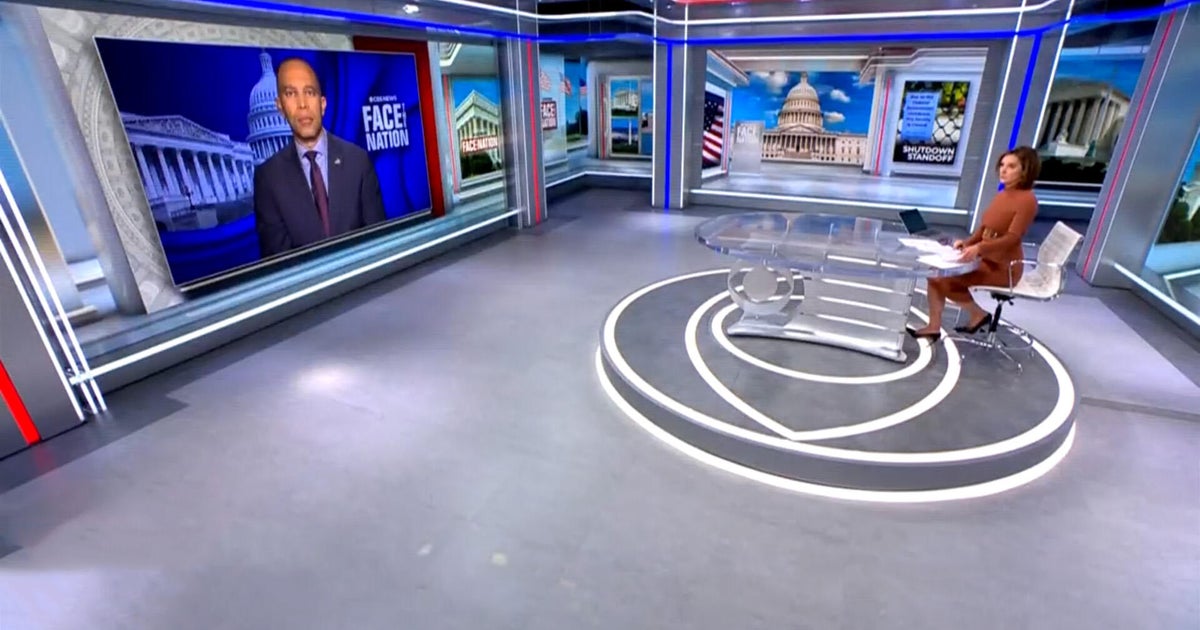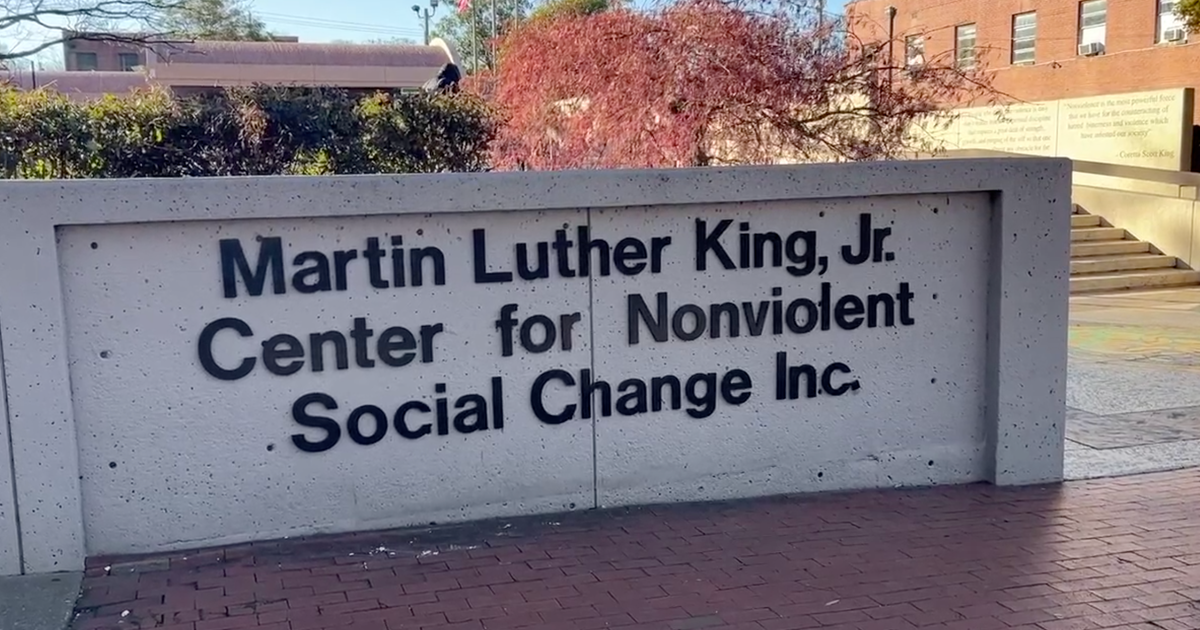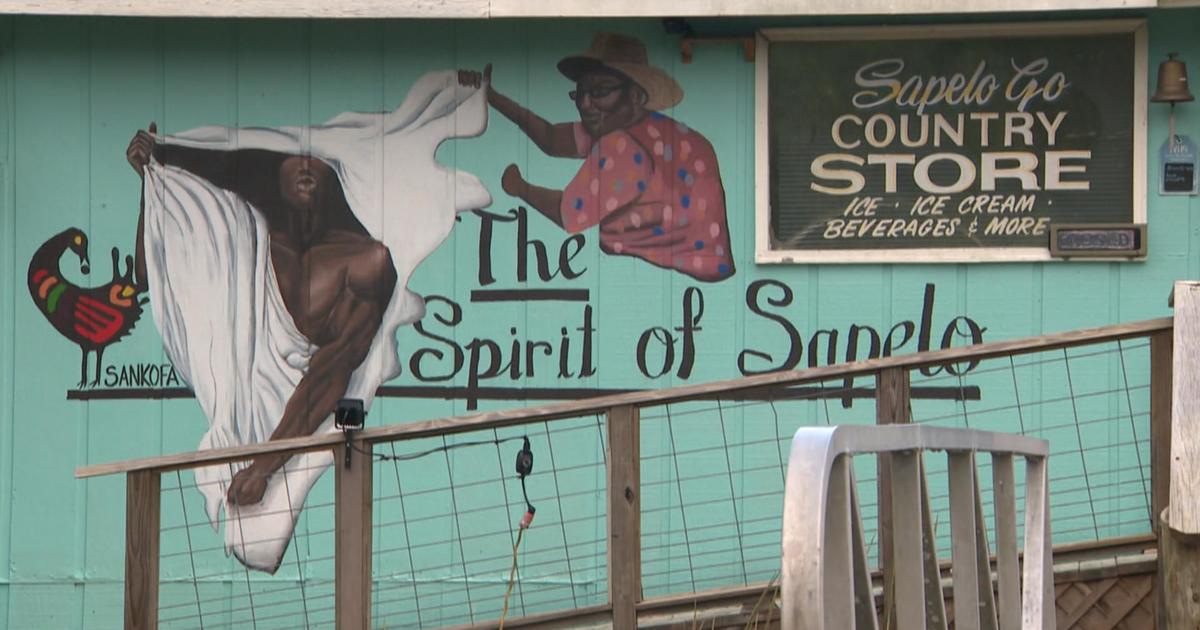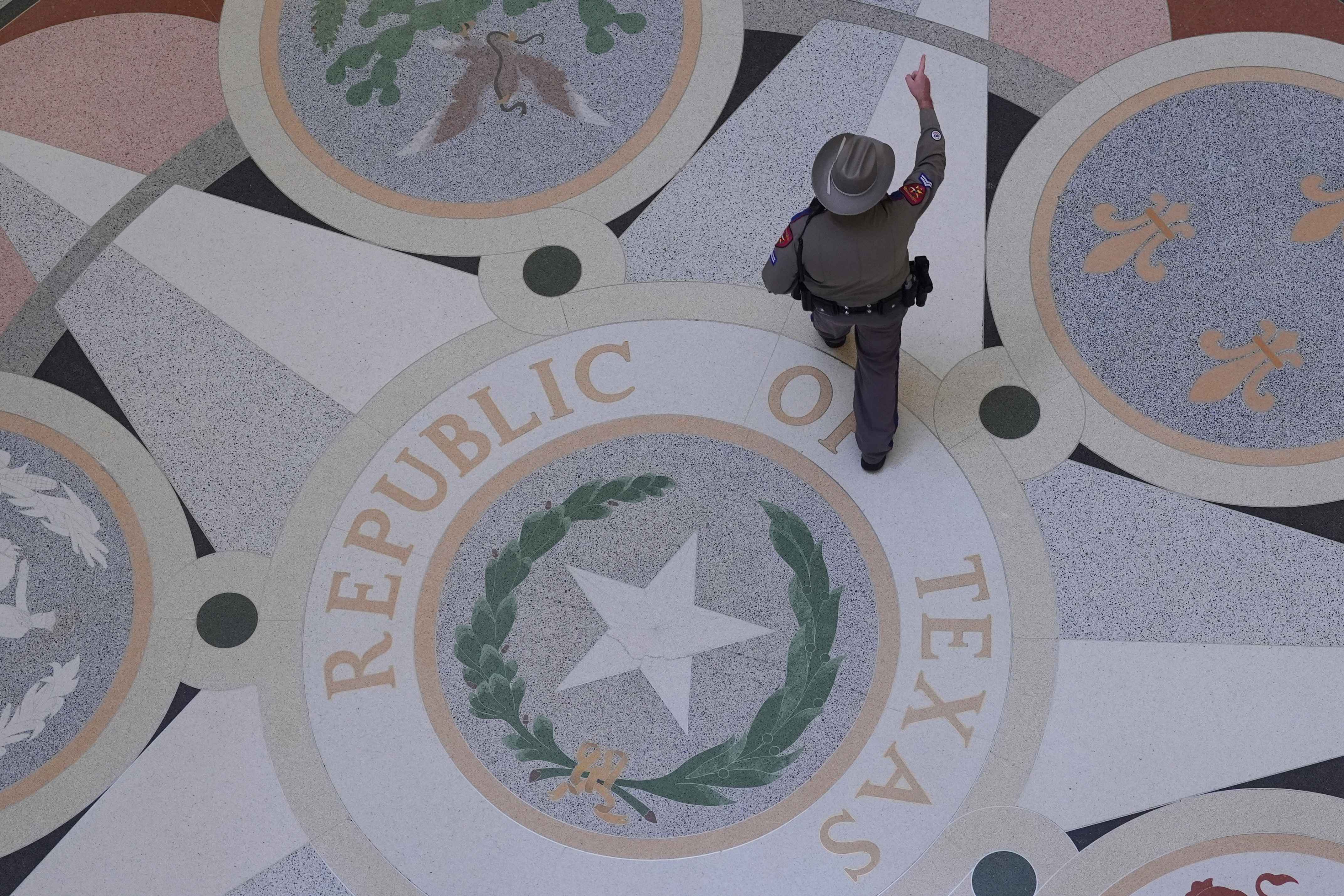Supreme Court rejects bid by Kelli Ward, Arizona GOP chair, to block Jan. 6 committee subpoena
Washington — The Supreme Court on Monday refused a request from Kelli Ward, the chairwoman of the Arizona Republican Party, to block a subpoena from the House panel investigating the Jan. 6, 2021, riot at the U.S. Capitol for her phone records.
The rejection by the high court of Ward's emergency request for its intervention clears the way for her phone provider, T-Mobile, to comply with the subpoena and turn over the call records sought by House investigators. Justices Clarence Thomas and Samuel Alito said they would have granted Ward's request to block the subpoena from the select committee.
Ward turned to the Supreme Court after a divided three-judge panel of the U.S. Court of Appeals for the 9th Circuit declined to block the subpoena seeking telephone metadata, such as phone numbers, text messages and call duration, from November 2020 through January 2021.
In her filing to the court last month, Ward's lawyers called the panel's demand a "first-of-its-kind situation" involving the records from a state party chair, issued by a congressional committee largely composed of members from the opposing party. They argued the subpoena infringed on her associational rights under the First Amendment.
"If Dr. Ward's telephone and text message records are disclosed, congressional investigators are going to contact every person who communicated with her during and immediately after the tumult of the 2020 election. That is not speculation, it is a certainty. There is no other reason for the committee to seek this information," Ward's lawyers claimed. "There can be no greater chill on public participation in partisan politics than a call, visit, or subpoena, from federal investigators."
But House lawyers urged the Supreme Court to clear the way for investigators to obtain Ward's call records, which they said will help further the examination of the events leading up to and on Jan. 6.
"The false narrative of a stolen election motivated violence on January 6th, and publicly available evidence shows that Dr. Ward played an important role in many of these actions," they said, citing her amplification of false claims about the integrity of the 2020 election and participation in a scheme to send a slate of "alternate" electors casting their Electoral College votes for Trump to Congress.
President Biden defeated Mr. Trump in Arizona, and the results were certified by the governor and reaffirmed through recounts and audits.
Ward appeared before the House panel in mid-March, but invoked her Fifth Amendment right against self-incrimination.
"These records will shed light on how Dr. Ward contributed to the multi-part effort to interfere with the peaceful transition of power and the attack on the U.S. Capitol," the select committee's lawyers told the Supreme Court.
Ward, they continued, "aided a coup attempt" through her efforts in the days and weeks after the 2020 election, culminating in her involvement in the fake-elector scheme.
The select committee, which includes two Republicans among its nine members, has conducted more than 1,000 interviews in the course of its investigation into the events surrounding Jan. 6 and held nine public hearings this year.
In the course of its probe, House investigators have issued subpoenas to Trump's top White House aides, including his former chief of staff Mark Meadows, campaign officials, and to Trump himself.
The committee sent the subpoena to T-Mobile for records associated with Ward's phone number in January, though she asked a federal court to quash the demand. The U.S. district court and 9th Circuit, however, said the House panel could obtain the records.
After Ward asked the Supreme Court to step in, Justice Elena Kagan temporarily stopped T-Mobile from turning over the phone records, maintaining the status quo while the Supreme Court considered her request. The new order from the Supreme Court dissolves that interim stay.
The House committee's investigation is one of several examining Trump's efforts to stop the transfer of power and the violent attack on the U.S. Capitol, sparking lawsuits from allies of the former president when investigators have sought their testimony or records.
Sen. Lindsey Graham, a Republican from South Carolina, asked the Supreme Court to stop him from having to answer questions before a grand jury in Fulton County, Georgia, though the court rejected his request.
Trump last year asked the Supreme Court to block the National Archives and Records Administration from turning over his White House records to the House panel, which the justices declined to do.
